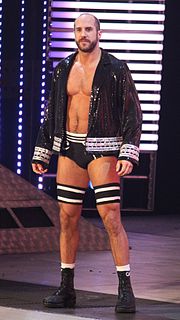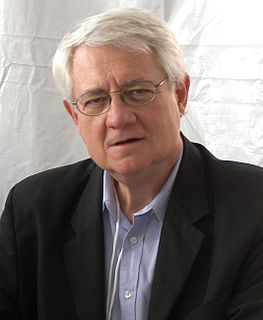A Quote by Maurice Druon
Italian is the language of song. German is good for philosophy and English for poetry. French is best at precision; it has a rigour to it.
Related Quotes
You never know what little idea or joke, what flame flickering really quickly, will become a song. That first idea, it can come any time. If it's in Spanish, you go on in Spanish. If it's in French, French. If it's in English, English. Or Portuguese. I'll try to do my best. I like Italian, though I don't speak it much.
I was born into a Turkish family that had acquired Italian citizenship. Many members of the family subsequently became British, French, Brazilian, and German, so there was a bit of everything. It was not uncommon for people in the family to speak seven languages: English, French, Ladino, Italian, Turkish, Arabic, and even Greek.
I work in Hebrew. Hebrew is deeply inspired by other languages. Not now, for the last three thousand years, Hebrew has been penetrated and fertilized by ancient Semitic languages - by Aramaic, by Greek, by Latin, by Arabic, by Yiddish, by Latino, by German, by Russian, by English, I could go on and on. It's very much like English. The English language took in many many fertilizations, many many genes, from other languages, from foreign languages - Latin, French, Nordic languages, German, Scandinavian languages. Every language has influences and is an influence.
English has always been my musical language. When I started writing songs when I was 13 or 14, I started writing in English because it's the language in between. I speak Finnish, I speak French, so I'll write songs in English because that's the music I listen to. I learned so much poetry and the poetic way of expressing myself is in English.
I have a funny relationship to language. When I came to California when I was three I spoke Urdu fluently and I didn't speak a word of English. Within a few months I lost all my Urdu and spoke only English and then I learned Urdu all over again when I was nine. Urdu is my first language but it's not as good as my English and it's sort of become my third language. English is my best language but was the second language I learned.
When we strengthen our relations with the Gulf states, when we cooperate with the Arabs, everybody asks if we are looking for a new geopolitical place. But in the Middle East and the Gulf, you can find German, French and British goods everywhere. German relations to these states are very good, as are English and French relations. Does this make them Arab-oriented?






































